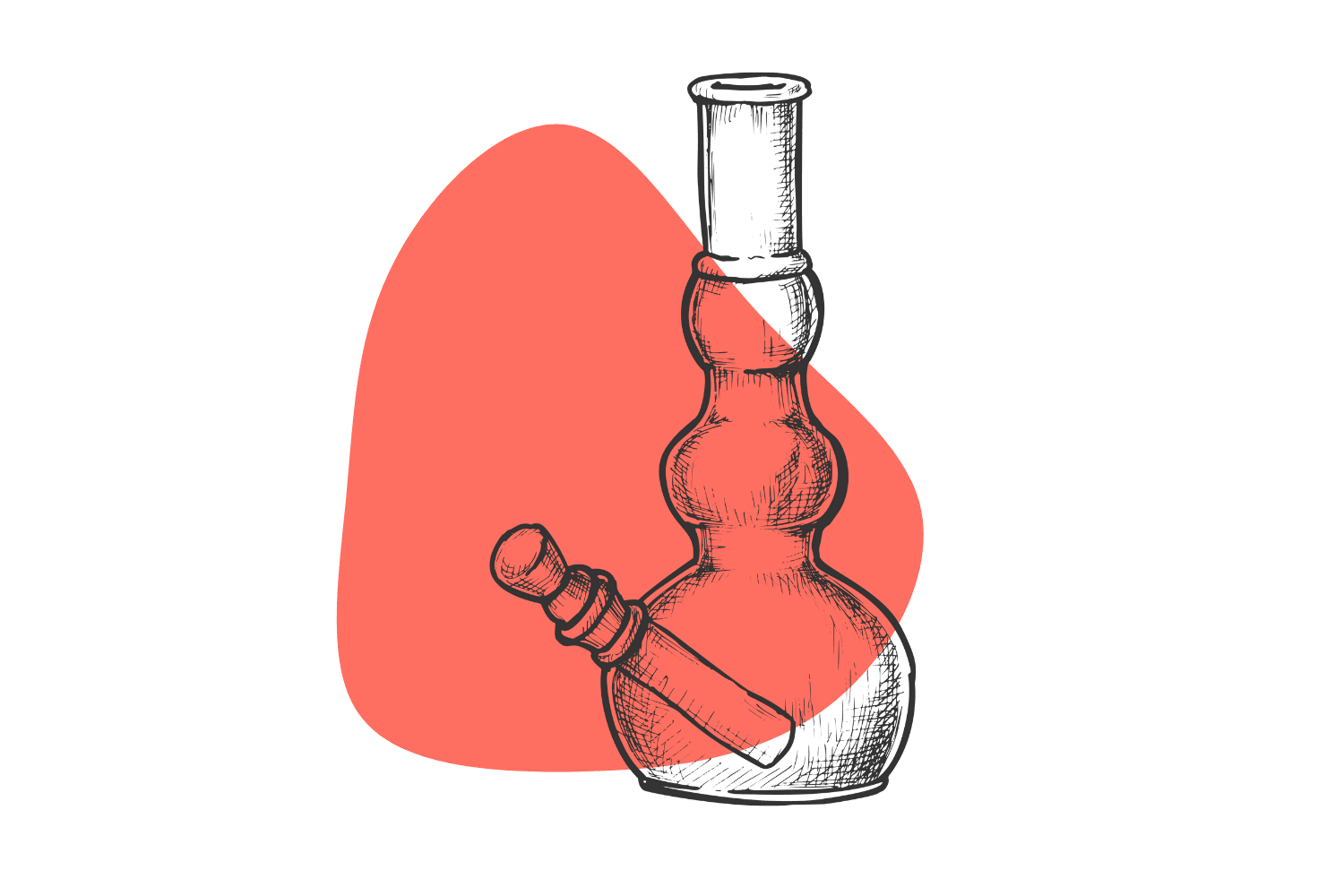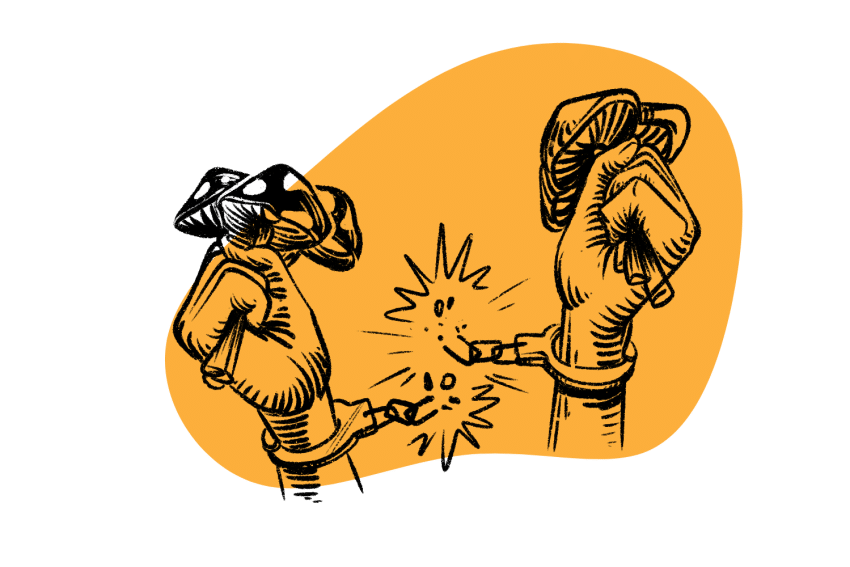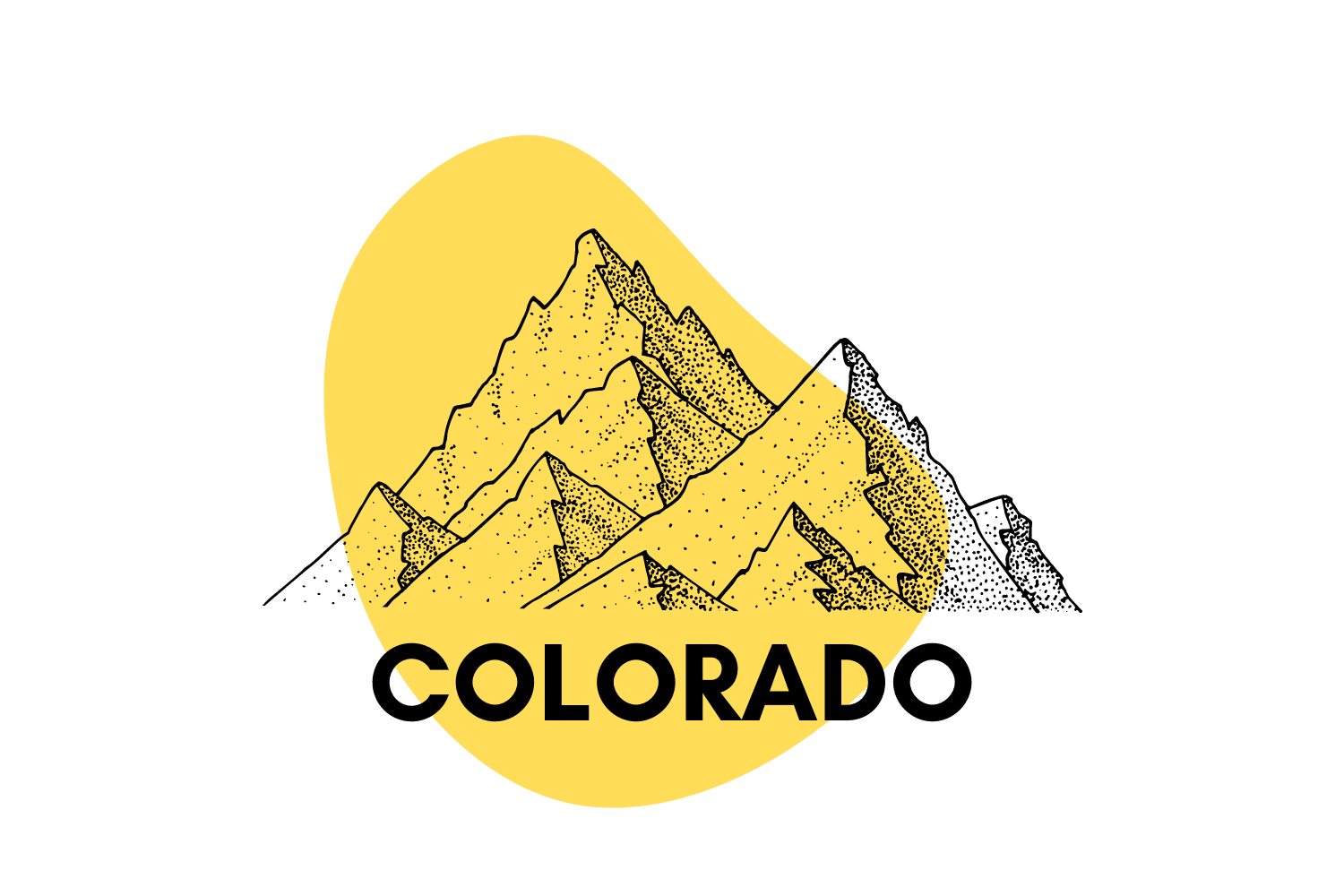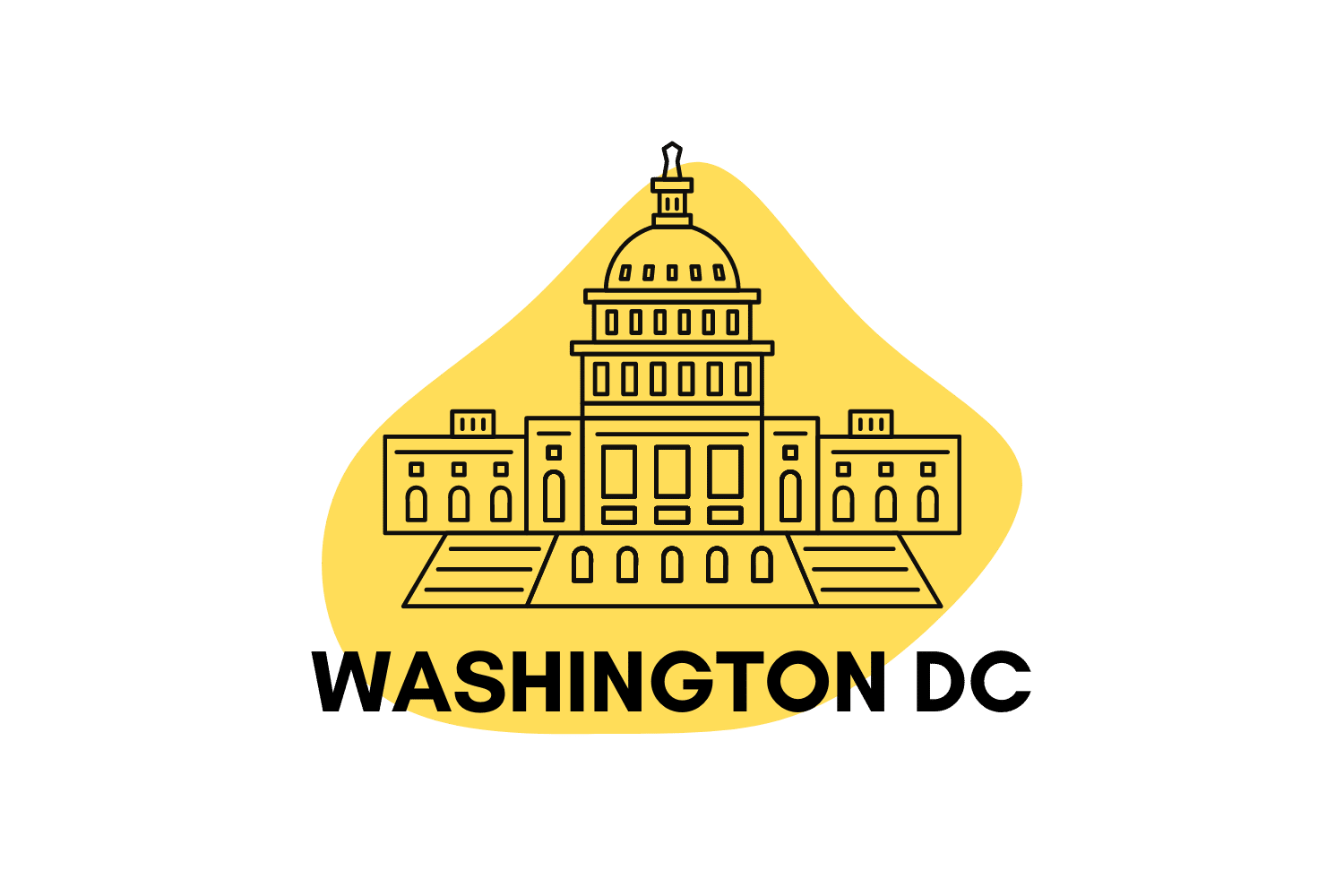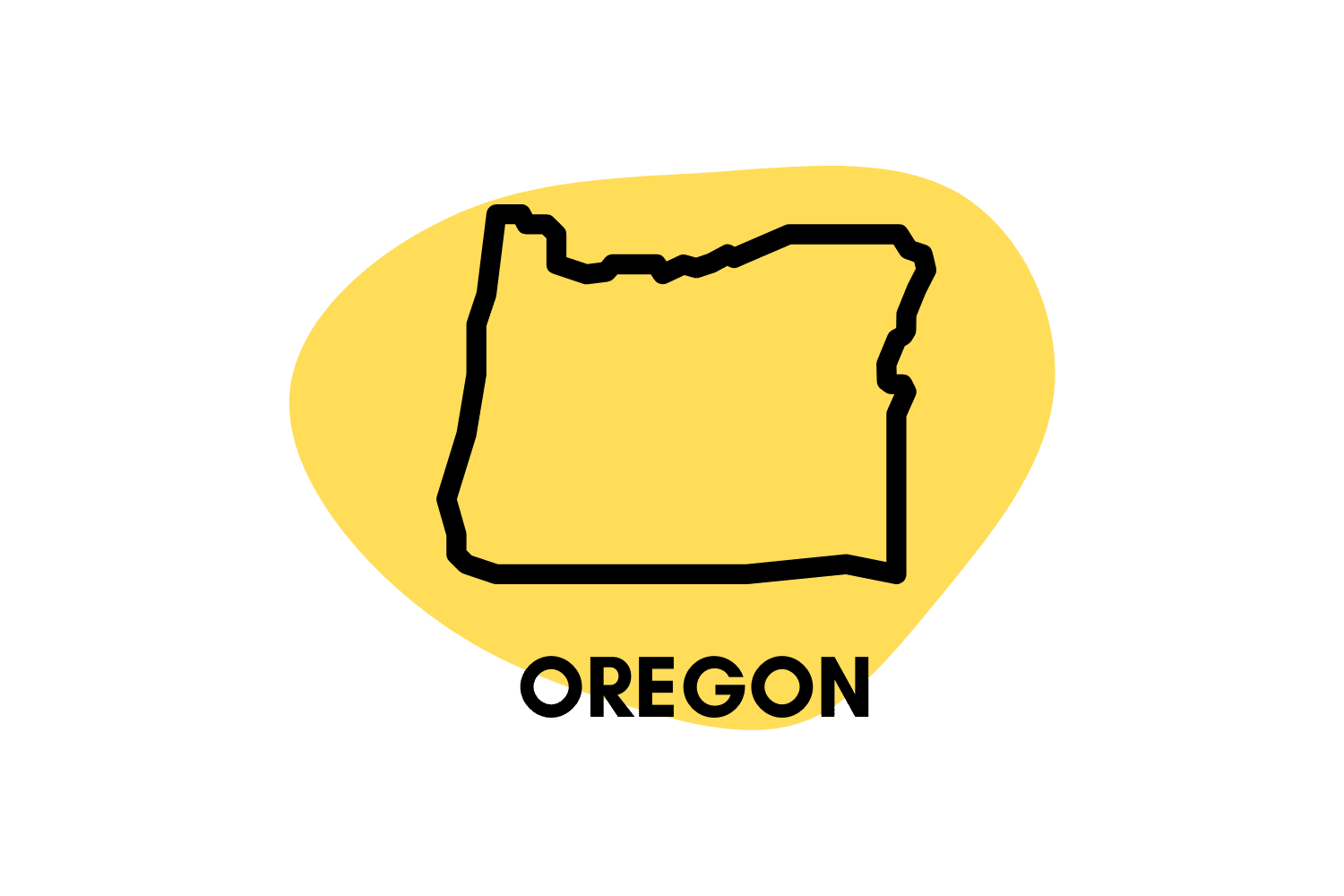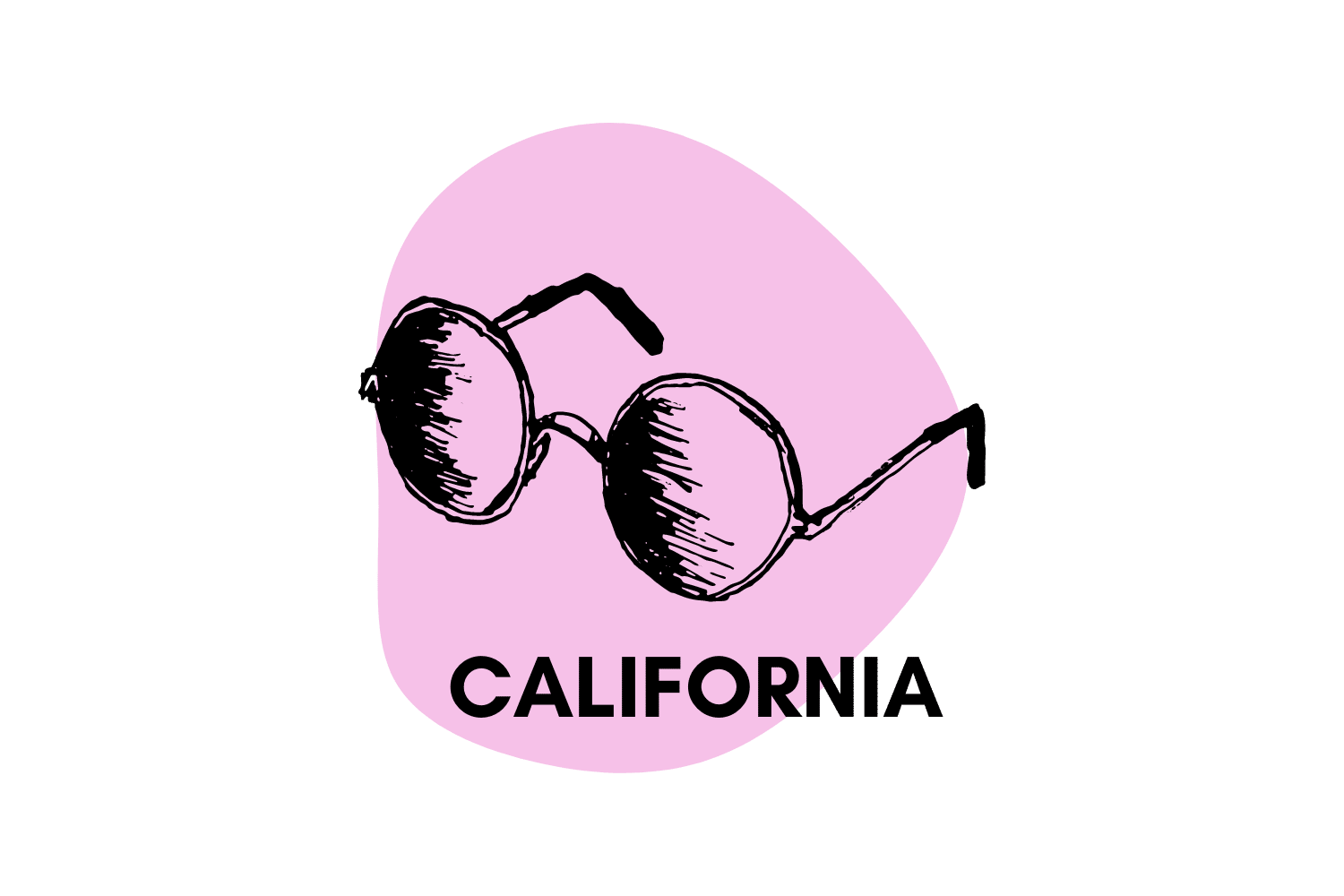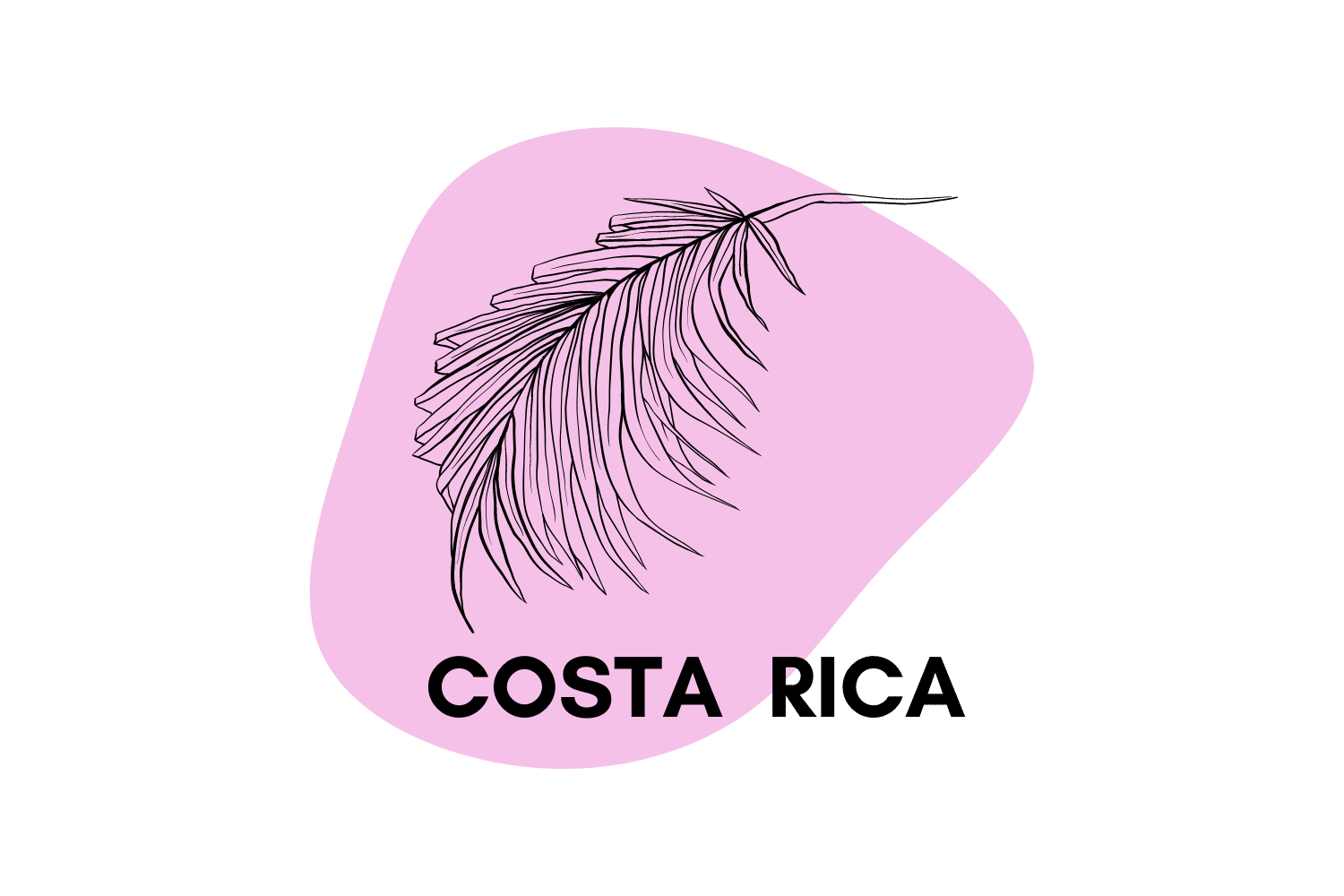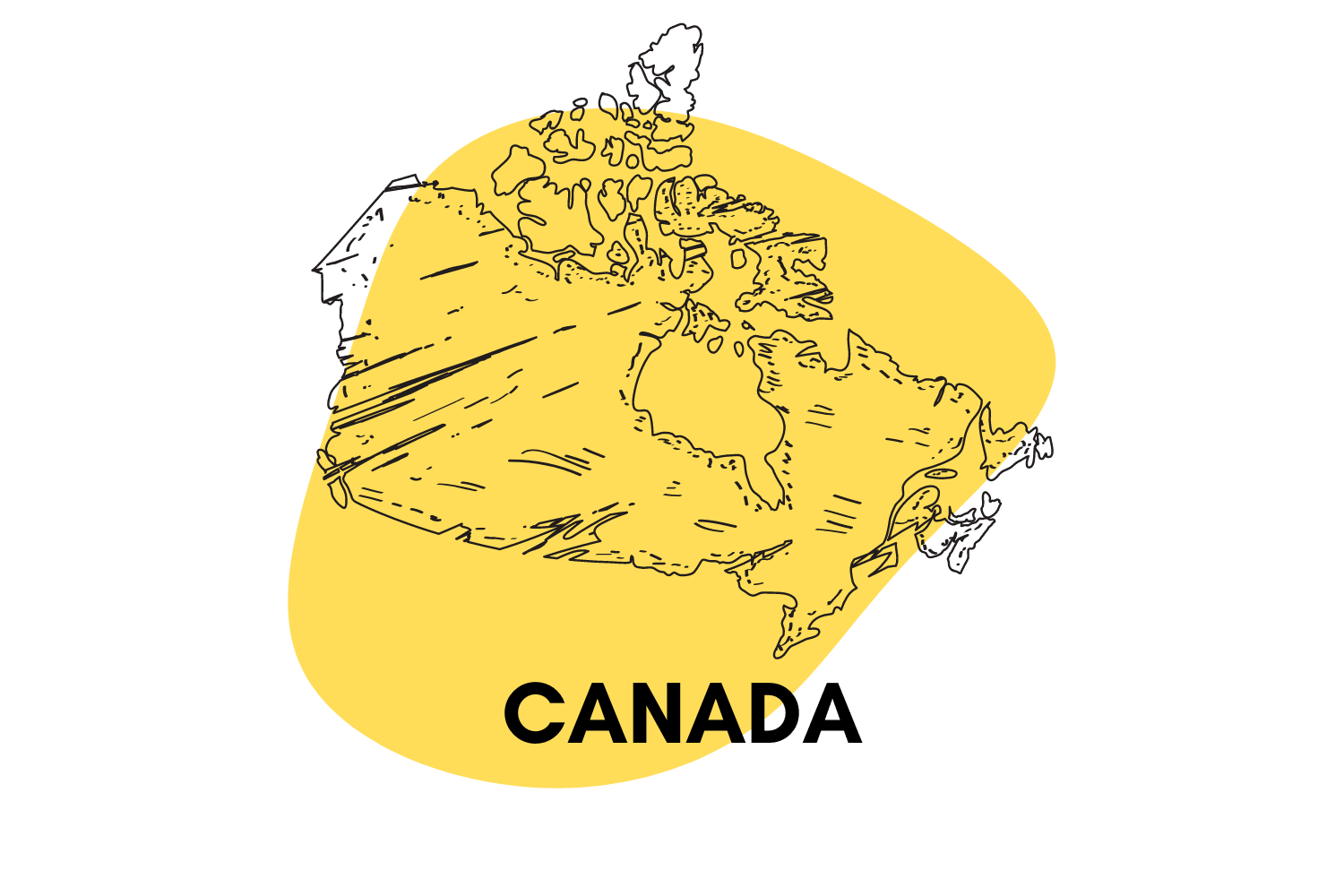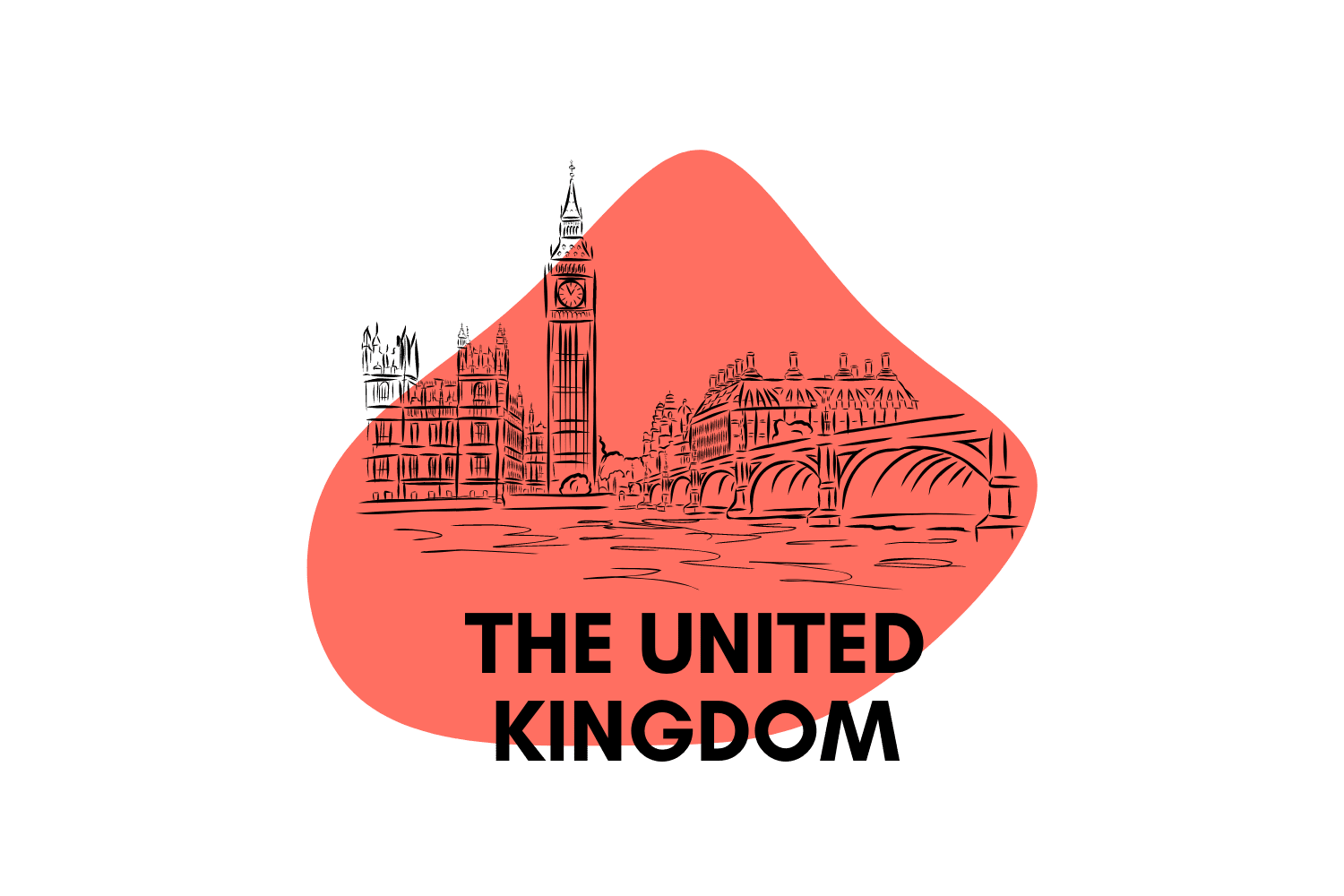Psychedelics In Italy? Here’s What the Law Says
Italy’s drug laws *lean* in the right direction. You know, like the Tower of Pisa.
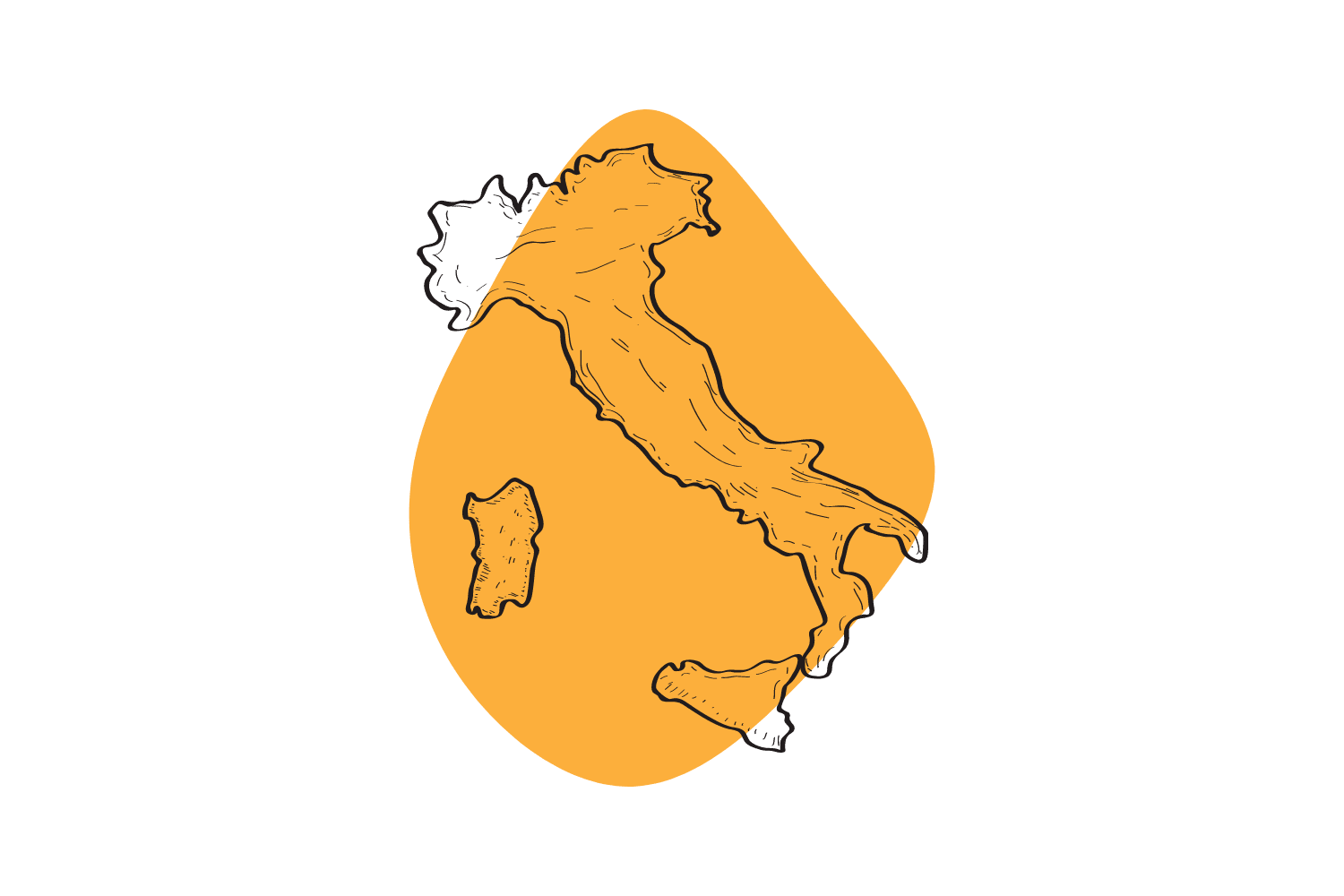
Italy’s drug policy is ambiguous, as possession and personal use of any substance are not a crime. However, selling or giving away any of it is prohibited, and fines and convictions can be excessive.
This article will tell you everything you need to know about the most common psychedelics’ legal status in the country. Furthermore, we’ll talk about the future of these substances in Italy and inform you of relevant information on the topic.
Summary of Psychedelic Drug Laws in Italy
- Magic mushrooms and other psychedelics are not legal in Italy
- Personal use is not a crime, but it carries administrative penalties
- Importing magic mushroom spores and grow kits is illegal
- Growing cannabis or psychedelic mushrooms is illegal
- Cannabis is legal, but only if it does not exceed 0.6% of THC
- There is a referendum petition to decriminalize the cultivation of cannabis for personal use
- Supply-related offenses: 6-20 years in prison for classes I and III and 2-6 years for classes II and IV
Italy’s Drug & Penalties Chart
| Class | Substance | Psychedelics | Penalties for Possession |
| I | Opiates, cocaine, amphetamines, and synthetic drugs linked to cannabis | Hallucinogens, MDMA | Personal use: non-criminal offense; administrative sanctions (suspension of driving license, firearms license, passport, residential permit, etc.) for 2 months to 1 year |
| II | All kinds of cannabis | Personal use: non-criminal offense; administrative sanctions (suspension of driving license, firearms license, passport, residential permit, etc.) for 1 to 3 months | |
| III | Barbituates | Personal use: non-criminal offense; administrative sanctions (suspension of driving license, firearms license, passport, residential permit, etc.) for 2 months to 1 year | |
| IV | Benzodiazepines | Personal use: non-criminal offense; administrative sanctions (suspension of driving license, firearms license, passport, residential permit, etc.) for 1 to 3 months |
Sources:
- Italy – Country Drug Report 2017
- Italy: Drug Laws In Italy
- Italy: Constitutional Court Issues Decision on Illicit Trafficking and Possession of Drugs or Psychotropic Substances | Library of Congress
Are Magic Mushrooms Legal in Italy?
No, magic mushrooms are not legal in Italy.
Psilocybin mushrooms belong to Table 1 of narcotic and psychotropic substances, including cocaine, opiates, and amphetamines.
The substances in Table 1 are considered to have no accepted medical uses.
However, this contradicts leading institutions that advocate for the reclassification of psilocybin, given its low potential for abuse and strong evidence of therapeutic value.
Under this law, the personal use of substances is not a crime in Italy but an administrative offense. The authorities are responsible for applying sanctions, and said infraction is not punishable by imprisonment.
Simple possession is punishable for two months up to one year, and penalties may range from the suspension of driving license and firearms license to passport or residence permit.
In addition, the cultivation of hallucinogenic mushrooms is illegal in Italy, although it isn’t a crime if a small quantity is obtained, indicating personal use. Still, in this case, the prefecture can potentially seize the mushrooms and sanction the person in possession.
Moreover, penalties range from six months to four years of imprisonment in minor cases or a fine of 1,032 to 10,329 euros. Finally, a severe cultivation case could cost you between six and twenty years in prison and a fine ranging from 26,000 to 260,000 euros.
Legal Status of Magic Mushrooms in Europe
Where to Buy Magic Mushroom Spores in Italy
The situation of magic mushroom spores is quite strict in Italy. Even though they are not included in any of the unified drug law’s tables, the cultivation and importing of mushrooms or grow kits from abroad is illegal.
That said, while there are many reliable online sellers, we do not recommend that you risk buying spores, as you could receive harsh penalties and fines.
Do Magic Mushrooms Grow Wild in Italy?
Yes, you can find magic mushrooms growing wild in Italy.
There are over 200 species of psilocybin-containing mushrooms found globally — several of which can be found in Italy and surrounding regions of the Mediterranean.
Here are some of the most common specimens in Italy:
- Gymnopilus junonius
- Psilocybe cyanescens
- Psilocybe semilanceata
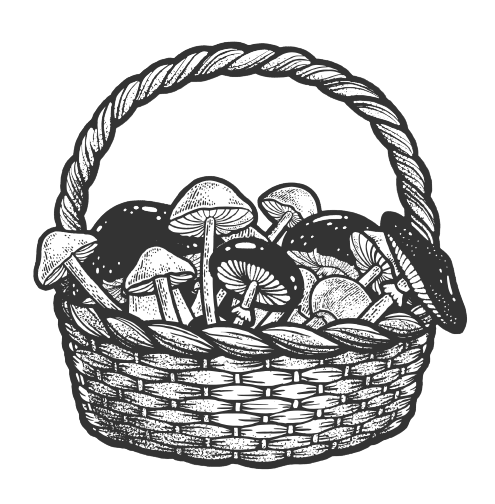
Is LSD Legal in Italy?
No, LSD is not legal in Italy.
Currently, LSD (lysergic acid diethylamide) is included in Table 1 of prohibited substances according to the unified drug law. However, as we’ve already seen, personal use involves mere administrative sanctions, not imprisonment.
The maximum amount allowed for personal use is 0.15 mg of active ingredients (about three squares). Possession of more than this amount could count as drug trafficking. The penalties range from six to twenty years in prison, and the fines vary between 26,000 and 26,000,000 euros.
Is DMT Legal in Italy?
No, DMT is not legal in Italy.
Known by some as the spirit molecule, this substance belongs to Table 1 of prohibited substances.
However, personal use does not constitute a crime and is punishable by administrative sanctions rather than imprisonment.
Is MDMA Legal in Italy?
No, MDMA is not legal in Italy.
MDMA, also known as ecstasy, is listed in Table 1 of the unified law on drugs and narcotics. While personal use is not criminalized in Italy, if you are found with more than 750 mg of active ingredients (about five tablets), you risk up to 20 years in prison and a fine of up to 260,000 euros.
Although it will not be accessible recreationally any time soon, it is worth noting that some countries, such as the United States, are moving to legalize the medicinal use of MDMA in psychotherapy.
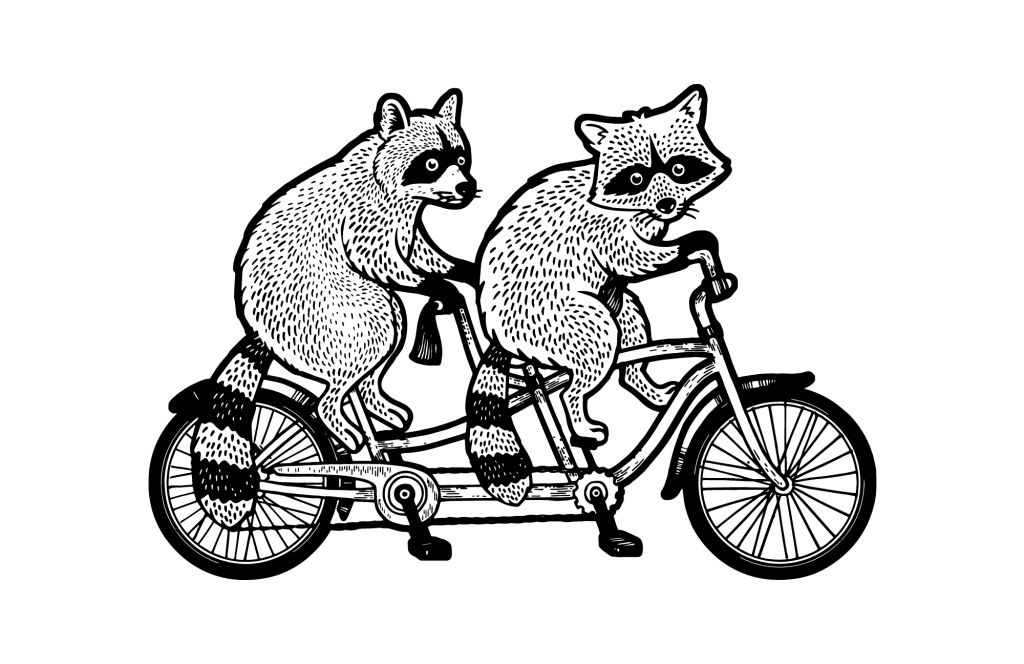
Is Ketamine Legal in Italy?
Ketamine is only legal for medicinal use in Italy.
Besides its authorized medical and veterinary use, ketamine is included in Table I and Table II Section A of the unified drug law.
If you are caught with a minimal amount that suggests personal use, the prefecture can apply an administrative sanction, but not imprisonment. This usually means a suspension or prohibition from obtaining a driver’s license.
Is Marijuana Legal in Italy?
Yes, marijuana is legal in Italy, though with restrictions.
The legal status of cannabis is somewhat unclear in Italy, as in 2016, the Senate of the Republic passed Law 242/2016. This law partially modified the previous regulatory framework, making cannabis cultivation legal by meeting specific requirements.
For marijuana cultivation to be legal, growers must use EU-registered seeds containing a maximum amount of THC equal to 0.6 percent by dry weight. These varieties are called “cannabis light.”
Therefore, although THC and cannabis are in Table 2 of the unified drug law, cannabis light is legal in Italy. If the percentage of THC exceeds the threshold of 0.6 percent, authorities can order the seizure or destruction of the harvest, but the farmer will be excluded from liability.
This way, a variety of products made from light cannabis are legal. This includes everything from food and cosmetics to fiber, oils, or even organic material for bioengineering works.
In a way, medical cannabis has been legal in Italy since 2006, but only through preparations that a doctor can prescribe. Also, since 2013, neurologists have been able to prescribe Sativex, a drug based on cannabis extracts, to reduce painful spasms in multiple sclerosis.
As for other cannabinoids, delta 8 THC is present in Table I, as is delta 9 THC, making them illegal. Although not explicitly mentioned, we can deduce delta 10 THC is also a controlled substance under Table I’s restrictions.
Some initiatives, like the non-profit organization Meglio Legale, initiated a referendum petition to advance the decriminalization of cannabis. As a result, this bill proposes to modify three articles of the current law.
The proposal intends to:
- Decriminalize the cultivation of any plant and fungus for personal use
- Eliminate the penalties of imprisonment related to cannabis
- Remove the sanction of driving license suspension
The referendum website surpassed the 500,000 signatures needed in less than a week. Italians will vote by the spring of 2022, although there is no exact date yet.
What’s the Difference Between Legalization & Decriminalization?
Although they may seem synonymous, there are some critical differences between legalization and decriminalization.
Decriminalization only removes the penalties and does not make a substance legal. So, for example, its sale could still be prohibited, and you must pay a fine if you are caught in possession of the substance, but you won’t go to jail as you aren’t a criminal.
Legalization, however, eliminates the penalties and fines for possessing a substance. It also creates a legal framework for buying it from licensed vendors.

Key Takeaways: What’s the Future of Psychedelics in Italy?
Although it has come a long way since enacting the unified law on drugs and narcotics, Italy seems unlikely to go down the road to legalization.
Instead, they appear to be paving the way for decriminalization, albeit in minimal terms. Some non-profit organizations seek to decriminalize the cultivation of marijuana and mushrooms, but only for personal use. THC and marijuana will probably remain in Table 2 of the substances law for a long while.
We believe Italy is likely to be under pressure if more European countries start decriminalizing or legalizing substances before them.

